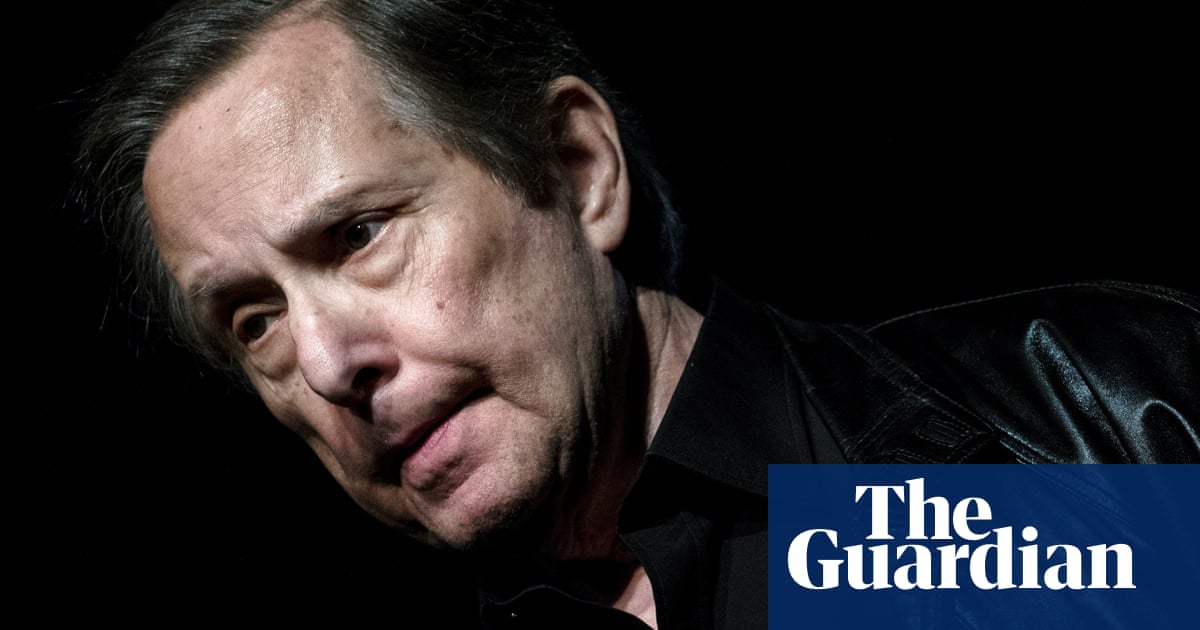
PARIS: Since his appointment on Jan. 23 as ambassador in charge of communication in Arabic for the French Ministry for Europe and Foreign Affairs, Patrice Paoli has been the Arab voice of French diplomacy in the media and on social networks.
He regularly posts messages and videos in Arabic on his official Twitter account, for example, and engages with users in discussions about the topics they cover.
This might not seem out of the ordinary in the internet age but it marks a significant development for a ministry previously known for its more conservative and persistently traditional approach to media and public relations.
Paoli, a former ambassador to Lebanon and several other countries, said his mission is to express France’s positions in more modern ways, far removed from the well-beaten path of formal press releases and written statements. He is, in a way, the “communicator 2.0” of the Quai d’Orsay, the home of the French Foreign Office, tasked with being the voice of France in the Arab media on issues related to foreign policy.
His post will develop over time, Paoli told Arab News en Francais, adding: “We’ll see how it evolves. My mission is to see if this means of communication is useful and what is its added value.
“The idea took shape last autumn when someone proposed this post to me after I returned from my post (as ambassador) in Cuba.”
The goal, he explained, is a more personalized form of communication and “to express ourselves about different topics in plain language by putting words to situations in a different way from a press release.” There is also a desire to share “a little of what France is and (break) the stereotypes people may have of the diplomat.”
The most important goal for Paoli is to set a template for the future by creating more empathy, and humanizing and putting a real face on institutional communications.
“I’m going to retire soon, so I’m working to define the post and establish it in the time I have left and to pass the baton to someone else next autumn,” he explained.
His mission is, above all, to develop a social media presence through which French officials can talk to the Arab world about political issues as well as culture, history, even literature and sport. He describes it as “a work of passion that I’m taking with the direction of communication and the press. It’s a complement to the remarkable work of this direction, in a world of communication that’s more and more complicated, where it’s necessary to go very quickly and take everything that’s happening into account.”
During a personal trip to Marseille a few days ago, Paoli posted several messages on Twitter touting the plurality of this Mediterranean city: A place of blended culture and the entry point to France in the south of the country.
While on a recent trip to Cairo to participate in a meeting of French ambassadors to the Middle East, he tweeted about his visit to the Pyramids of Giza, the recently renovated Blue Mosque, and his general impressions of returning to the large Arab capital after many years away.
As a specialist in the Arab world, Paoli was immersed in Arab culture during his youth as a result of the posts that his diplomat father held, and then as his own diplomatic career developed. This took him to Egypt, Yemen, Jordan and Lebanon, and he was also director of the Foreign Ministry’s North Africa and Middle East Department from 2008 to 2012.
His love for the Arabic language, among several other languages, dates back to his childhood. At the age of four, while his family lived in Washington, he learned English. Later, in Libya, he learned German and Russian.
He was introduced to Arabic when he attended a French high school in Tripoli, where it was a required class. He recalled that it was difficult to begin with but, such was his admiration for his Arabist diplomat father, in whose footsteps he dreamed of following, he persevered and won a prize for his ability in the language.
Paoli pursued his studies in classical Arabic at the National Institute for Oriental Languages and Civilizations in Paris, then passed the Concours d’Orient to join the ranks of diplomats. It was therefore with great enthusiasm that, in the twilight of a long and distinguished career, he accepted his current post.
In a sense, his career has come full circle and it represents a most harmonious end to a professional life and a love of Arabic that began with the first book he read in the language, Tambo le Petit Lion — and he still treasures his copy, which has pride of place on a shelf in his office at the Quai d’Orsay.





